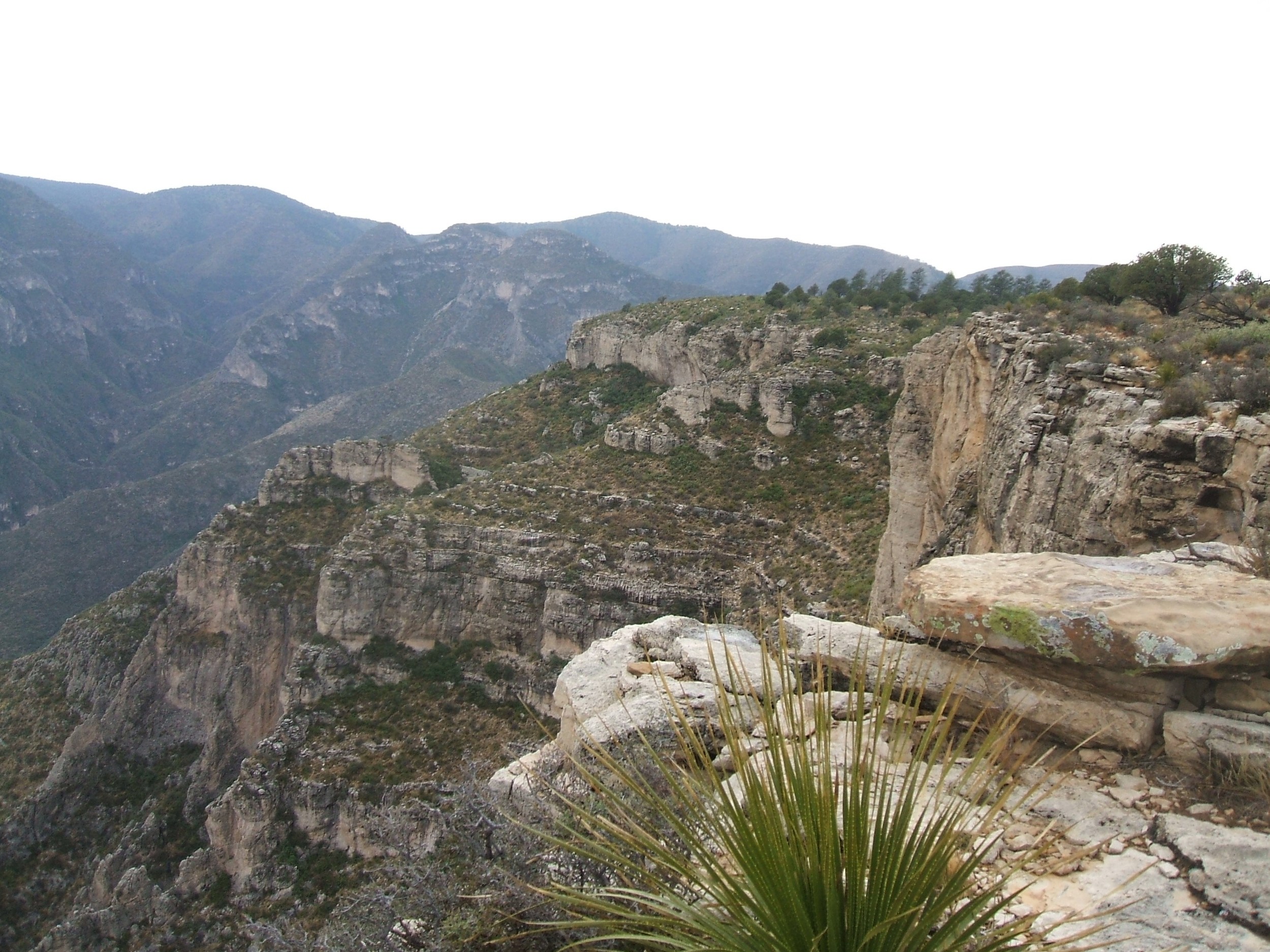At the Edge of Peace
/I don’t consider myself to be an edgy guy. I am not fashion-forward, not an early adopter of technology, I don’t have a quick temper or often do impulsive things, I don’t hang glide or climb frozen waterfalls (not that I wouldn’t take you up on it if you offered), I don’t climb big rock faces or go slack-lining, I don’t have to be the leader in any situation (although I will step in if needed), I don’t dive into political arguments or theological debates on social media. I’m happy to leave all of those edges to someone else. I did have a former pastor who once referred to me as “the edgiest deacon in our church.” I took it as a compliment, but I’ve never been sure what being an edgy Baptist deacon means.
However, there are some edges I am drawn to, over and over. The western escarpment of the Guadalupe Mountains is one. Another is the cliff face known as Wilderness Ridge that overlooks McKittrick Canyon, also in the Guadalupes.
 One of my most profound spiritual encounters happened at sunset with my feet dangling over the Wilderness Ridge cliff. I was completely alone, but the solitude felt warm and comfortable, as if God was reminding me to trust Him a little while longer. It was settling, and contented, and peaceful, and full. It was my “still point of the turning world,” moment. (T. S. Elliot)
One of my most profound spiritual encounters happened at sunset with my feet dangling over the Wilderness Ridge cliff. I was completely alone, but the solitude felt warm and comfortable, as if God was reminding me to trust Him a little while longer. It was settling, and contented, and peaceful, and full. It was my “still point of the turning world,” moment. (T. S. Elliot)
Henri Nouwen described it well: "In the center of breathless actives, we hear a restful breathing, Surrounded by hours of moving, we find a moment of quiet stillness. In the midst of action there is contemplation. ... Somehow we know that without a quiet place our lives are in danger. "
Peering over the cliff edge also reminded me of Bilbo, from The Hobbit, who hardly thought of himself as an edgy guy until “something Tookish woke up inside of him, and he wished to go and see the great mountains, and hear the pine trees and the waterfalls, and explore the caves, and wear a sword instead of a walking-stick.” (J. R. R. Tolkien)
I remember back a few years ago when we were all reading the small book, “The Prayer of Jabez,” by Dr. Bruce Wilkinson, which encouraged us to pray, “Oh that you would bless me indeed and enlarge my territory,” Cyndi told me, “You can’t know how big your territory is until you walk all the way to the edges. You can’t know the extent of God’s blessing until you push out to the fence lines.”
She said, “I wonder how often we settle for a small portion of what God has for us, thinking we have it all, because we stopped exploring too soon. We don’t know where the boundary is until we walk up to the fence. Don’t stop too soon.”
Pushing to the edge of our territory is seldom about peace. It’s usually risky and frightening. As Gandalf told Bilbo, “There are no safe paths in this part of the world. Remember you are over the Edge of the Wild now, and in for all sorts of fun wherever you go.”
So in 2015, I hope to explore the rare junction of sitting on the edge of peace, living in the moment, and pushing to the edge of adventure, not being afraid. There is mystery in that point, and I want to know more about it.
“I run in the path of Your commands, for You have set my heart free.” Psalm 119:32
I need your help. If you enjoyed reading this, please share with your friends. You can find more of my writing on my weekly blog, read insights on Tumblr, and follow me on Twitter and Facebook.








